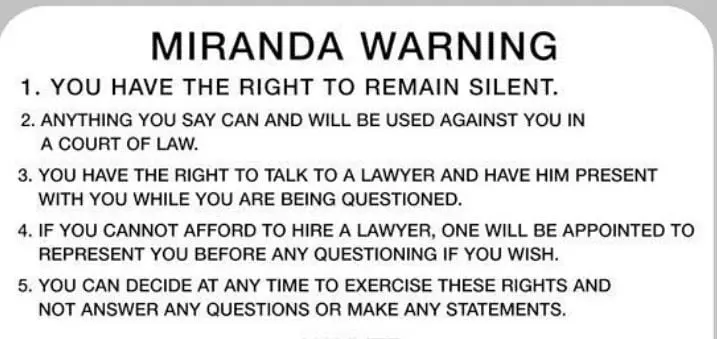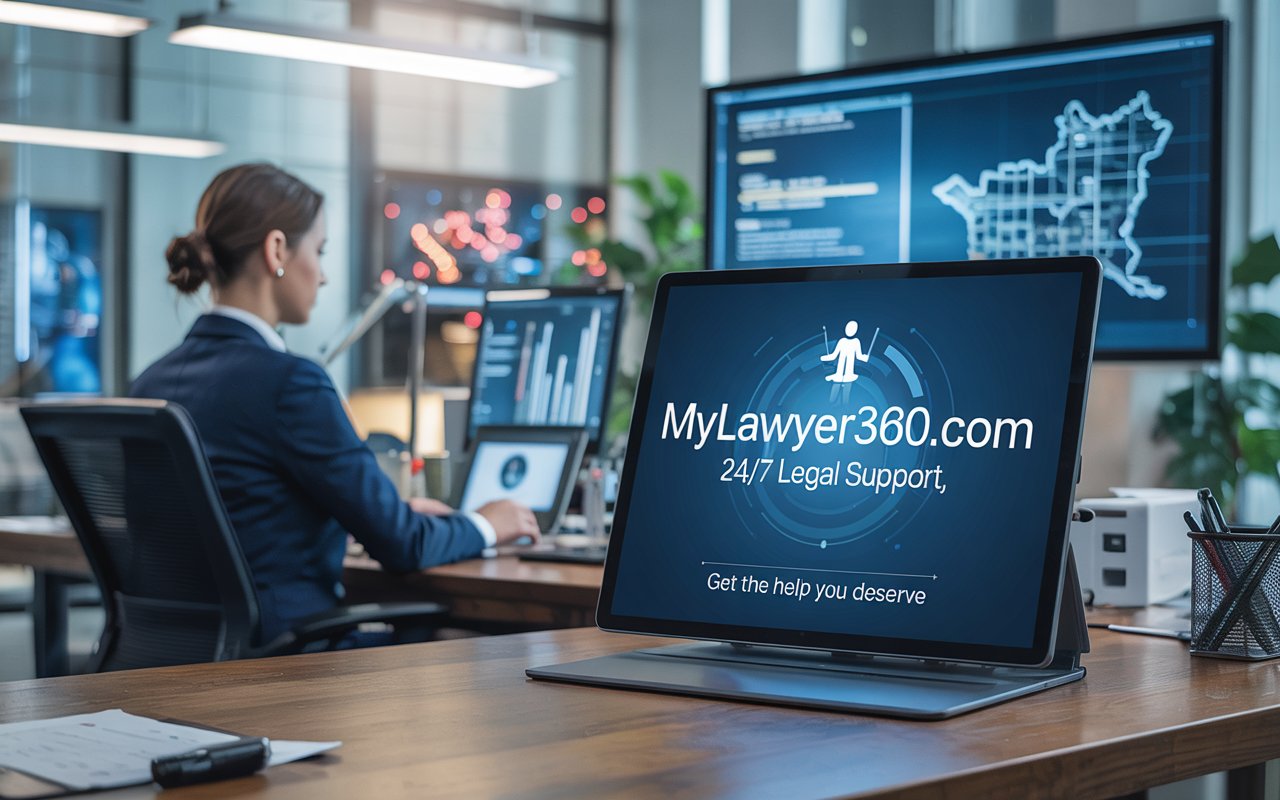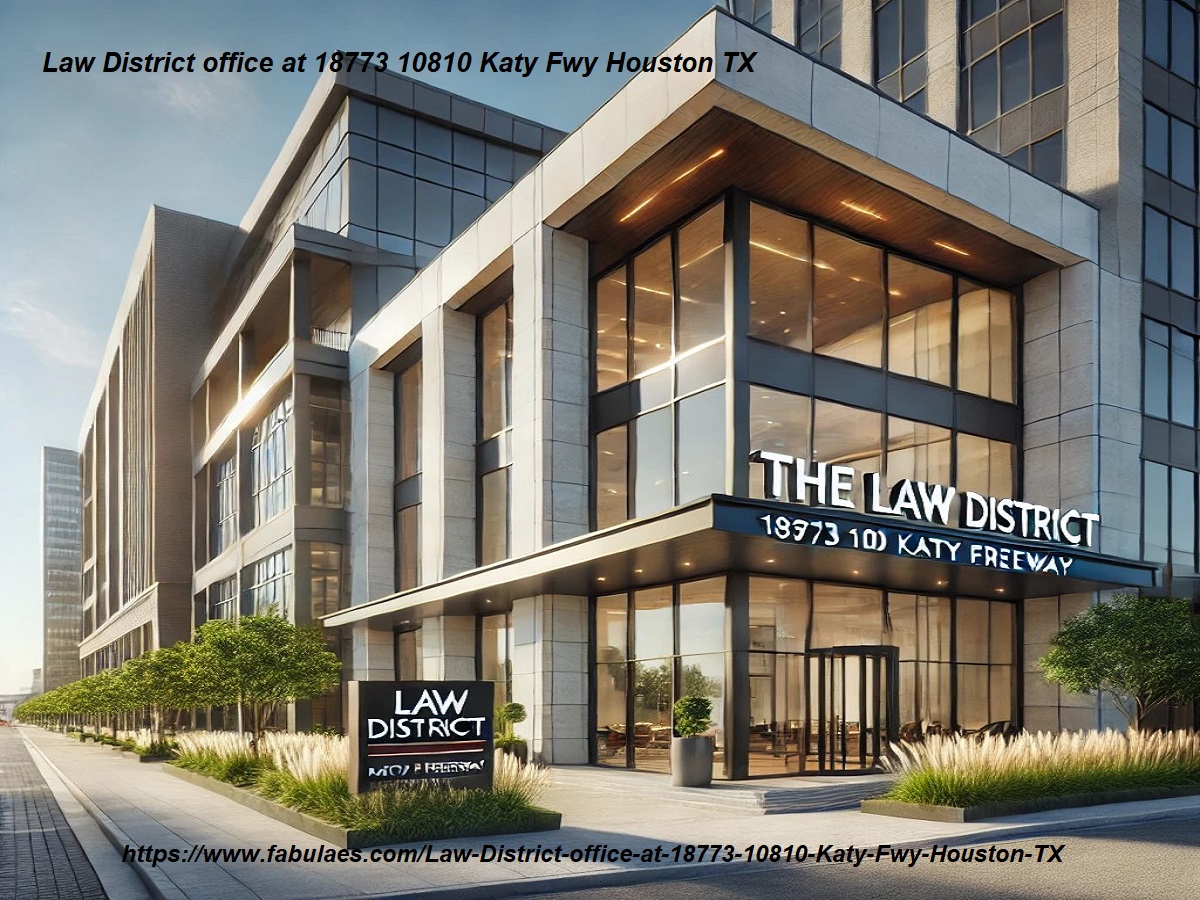When police question you about a crime, you can remain silent. You can deny consent for body, property, or home search. If you do, clearly tell officers you wish to speak with your lawyer first.
A criminal defense lawyer can help you understand your Miranda rights and ensure the law is followed in your case.
Right to remain silent
Anyone who has watched a cop show has heard Miranda Rights, the police warning that begins with “you have the right to remain silent.” You have the right to remain silent, and anything you say can be used against you in court.” That is part of an individual’s Fifth and Sixth Amendment protections against compelled self-incrimination.
The Supreme Court ruled in 1966 that police must read suspects their Miranda rights at the time of arrest or before questioning them while in custody. The officers must inform them of their rights to remain silent, that any statements they make may be used against them in court, that they have a right to a lawyer, and that one will be appointed for them if they cannot afford one. They must also tell them they have the right to terminate the interrogation.
The exception is questions regarding field sobriety tests or chemical test results. Those do not fall under the umbrella of custodial interrogation and, therefore, do not require Miranda readings.
Right to an attorney
You may have heard the cliche phrases on numerous TV shows that follow an arrest: “You have the right to remain silent, anything you say can be used against you in court, and you have the right to have an attorney present if you cannot afford one.” It is known as the Miranda warning.
It is required by law enforcement officials that suspects be informed of their Miranda rights before questioning them while in custody. The Supreme Court ruling, Miranda v. Arizona, established that any statements made by an arrested suspect without first being informed of these rights are not considered voluntary or voluntarily given and thus inadmissible in court.
For suspects to invoke their Miranda rights, they must affirmatively indicate that they want to do so. Once they do so, police must stop questioning them until their attorney arrives. It helps reduce the likelihood of coerced self-incriminating confessions. It also helps protect the accused from being unable to defend themselves against false allegations and evidence obtained by force or trickery.
Right to bail
The decision in Miranda bolsters your rights by preventing police from questioning you without the presence of legal counsel. Moreover, it reduces the likelihood that you will give a false confession under duress.
The Supreme Court also ruled that any statements you make during custodial interrogation can only be used as evidence against you if you waive your Miranda rights knowingly and voluntarily. Consulting criminal defense lawyers immediately after an arrest is crucial to understand your rights and how to waive them.
Police must read Miranda warnings when they are formally taking someone into custody and interrogating them. However, they do not have to read them when interacting with suspects. To be considered in possession, a person must be handcuffed or otherwise detained in some significant way. Routine traffic stops are not usually regarded as custodial interrogations. However, you may still want to invoke your rights when asked questions by police.
Right to a speedy trial
If you’re a fan of cop shows, you’ve likely heard of Miranda rights. These rights protect a suspect’s right to remain silent and the ability to have legal counsel present before interrogation by law enforcement officers.
The Supreme Court’s 1966 decision in Miranda v. Arizona required law officials to inform citizens of their Miranda rights before questioning or interrogation. The purpose of this requirement is to ensure that suspects are aware of their Fifth Amendment rights and that they understand the importance of exercising those rights during questioning.
However, it’s important to note that Miranda rights are not triggered by an arrest or simply being in custody. They are only required to be read before custodial interrogation, which is questioning that occurs when you’re not free to leave at will. If officers fail to give you a Miranda warning before an interrogation, any statements they obtain due to this questioning can be deemed inadmissible in court.











